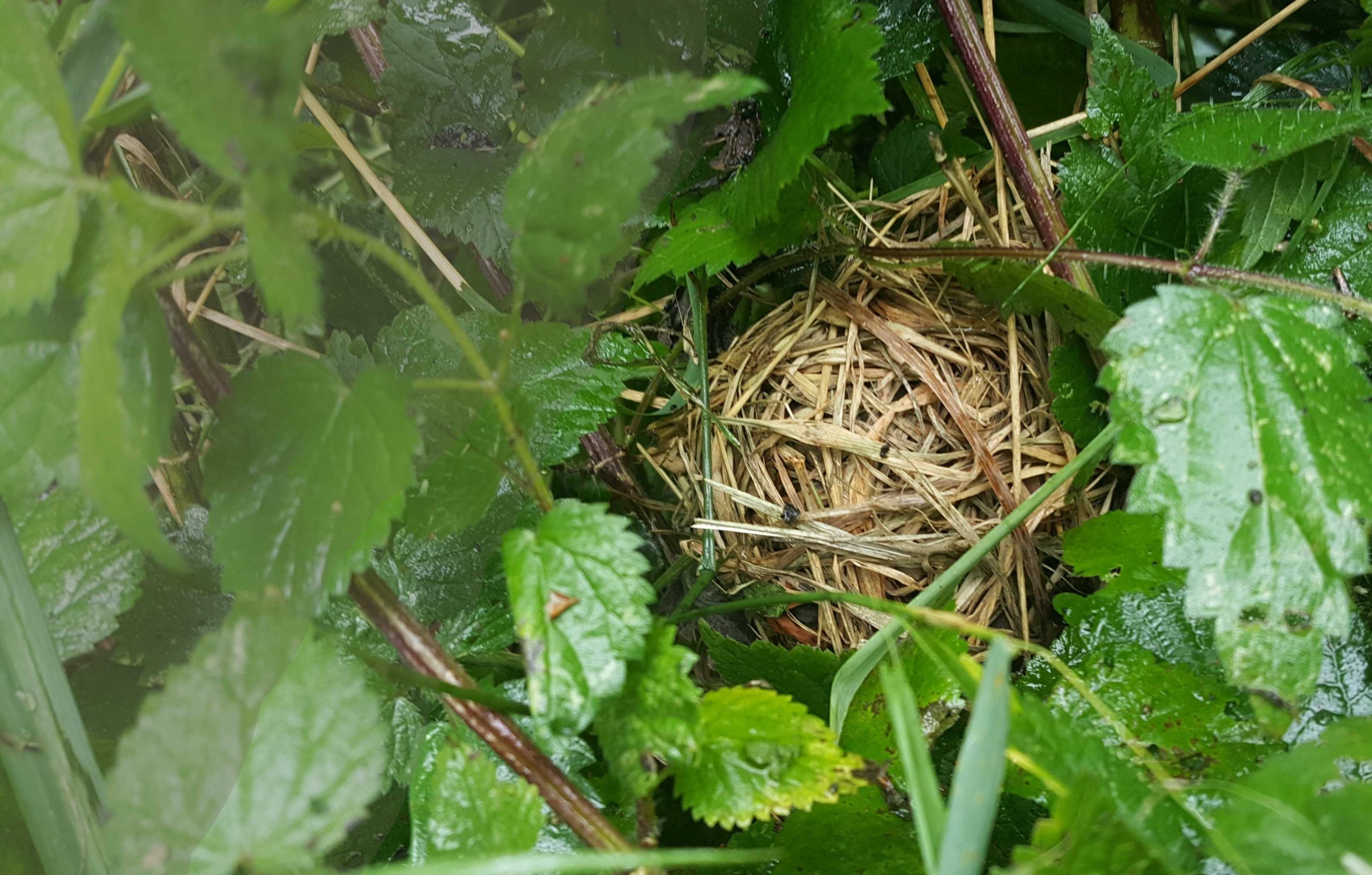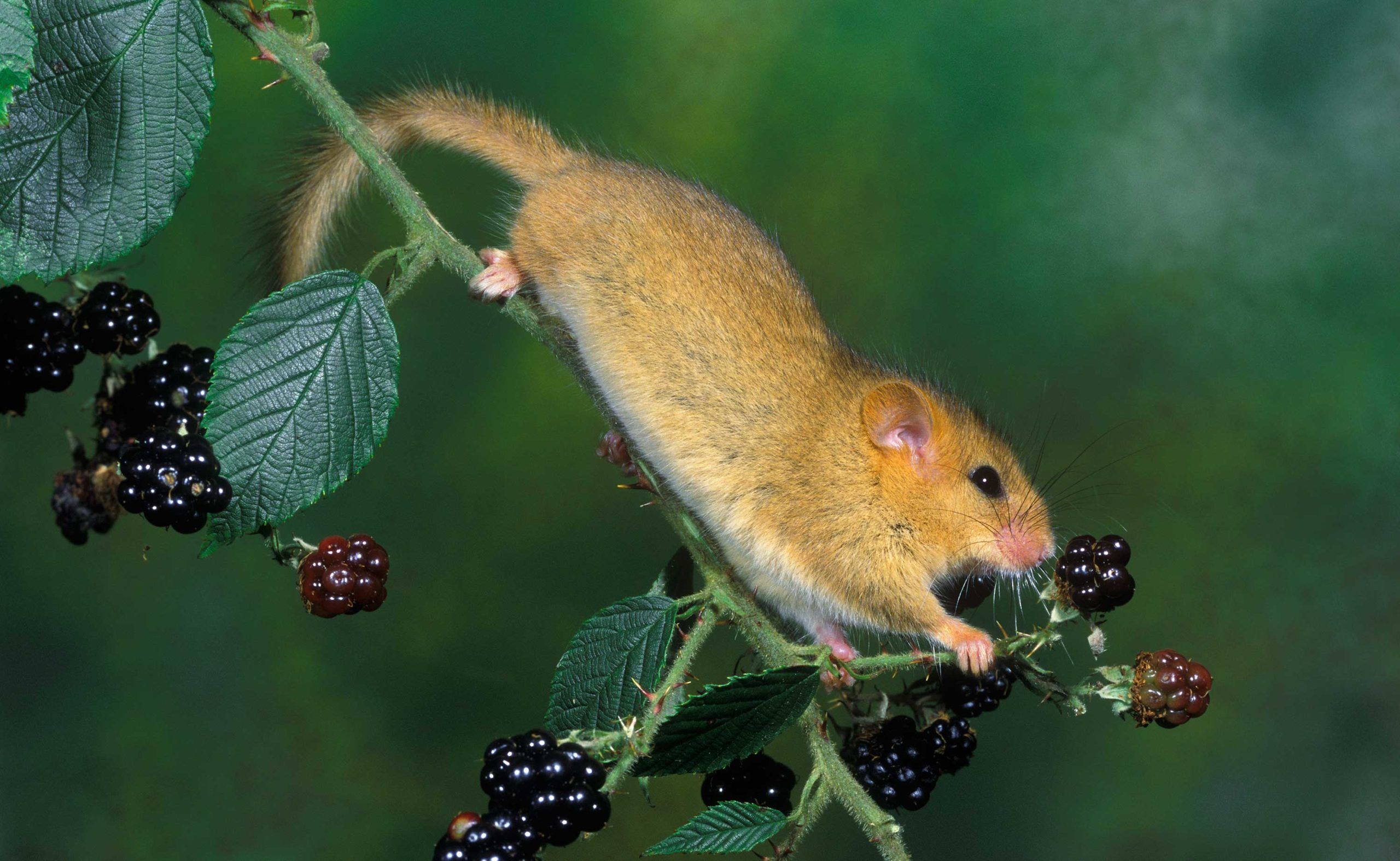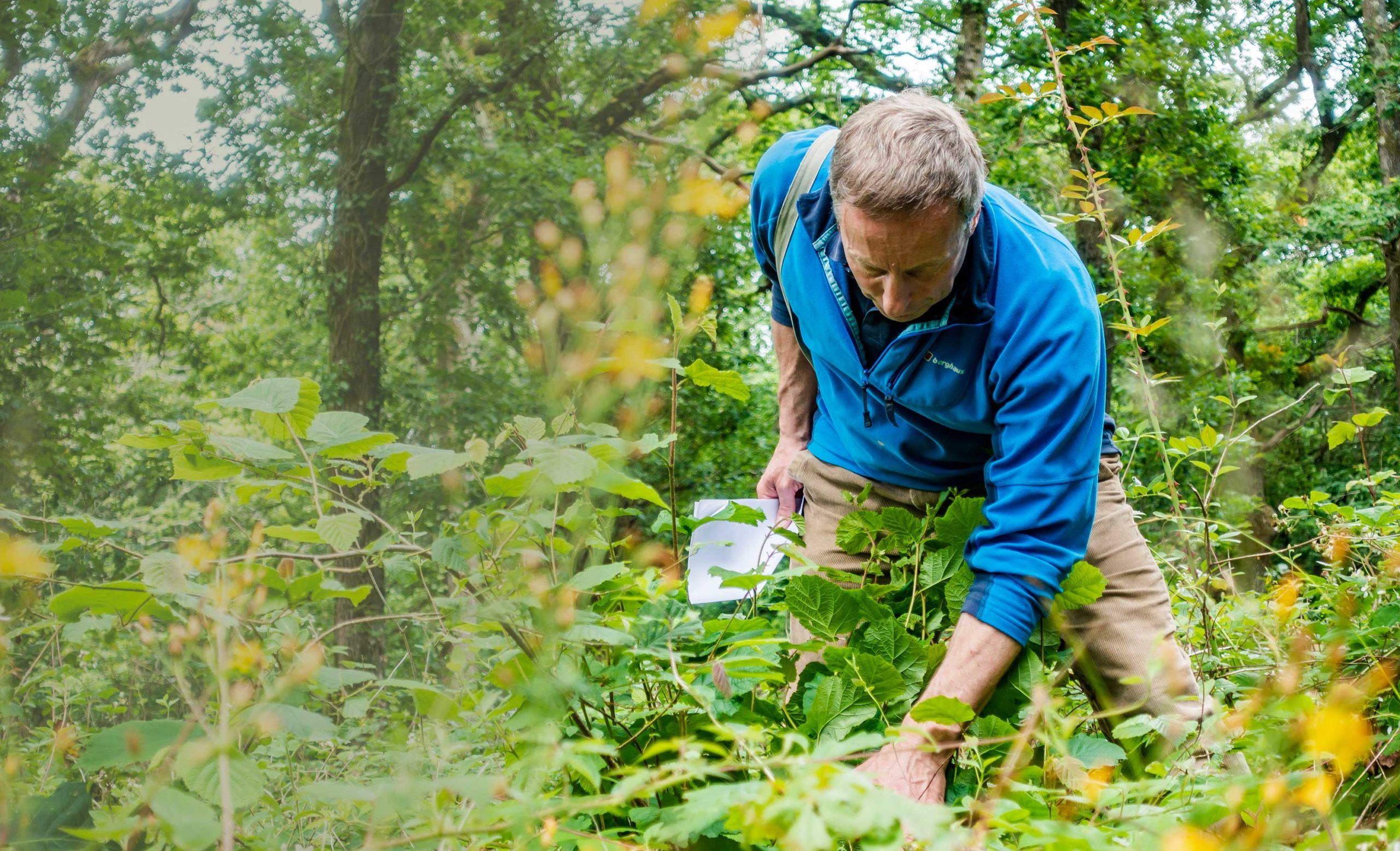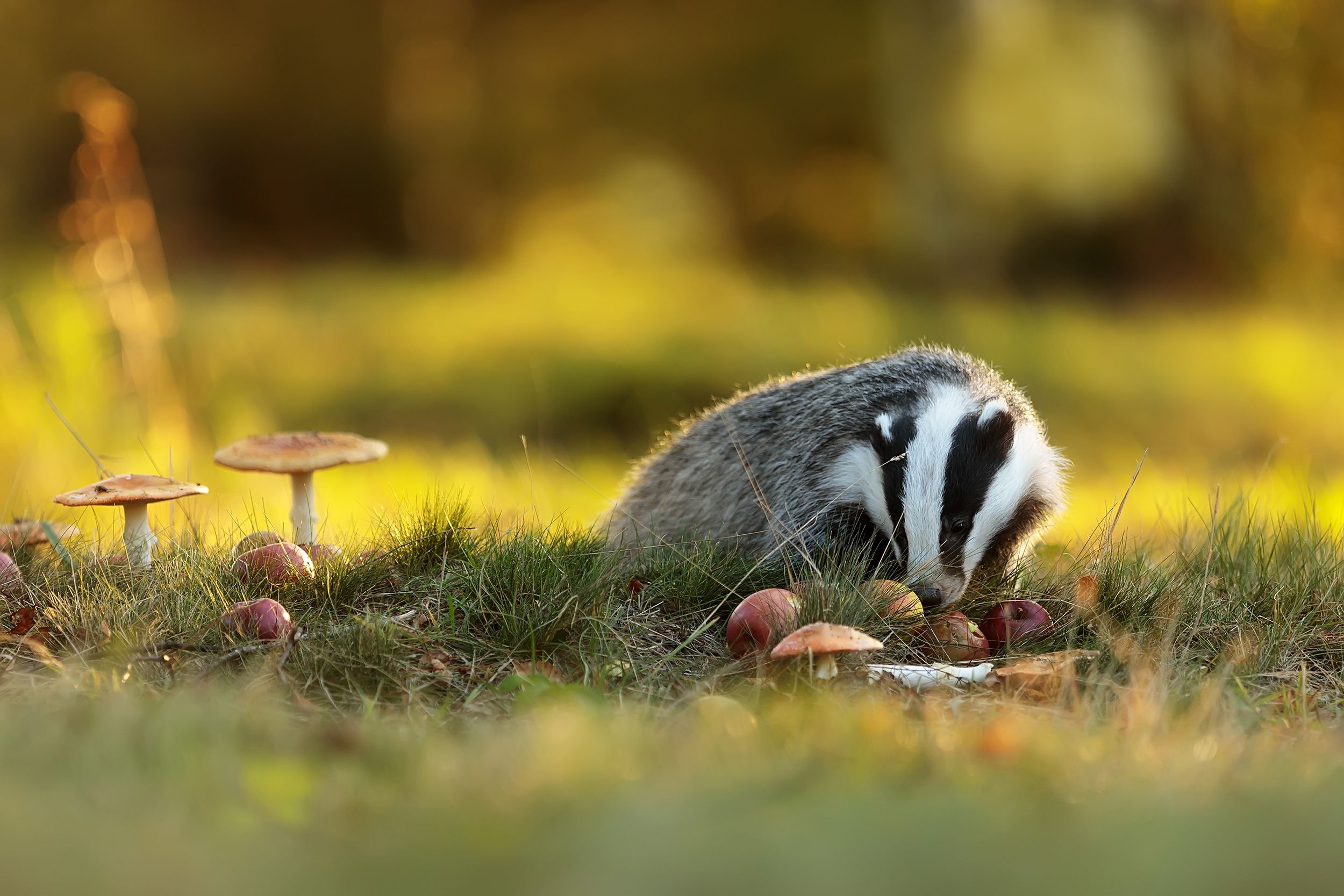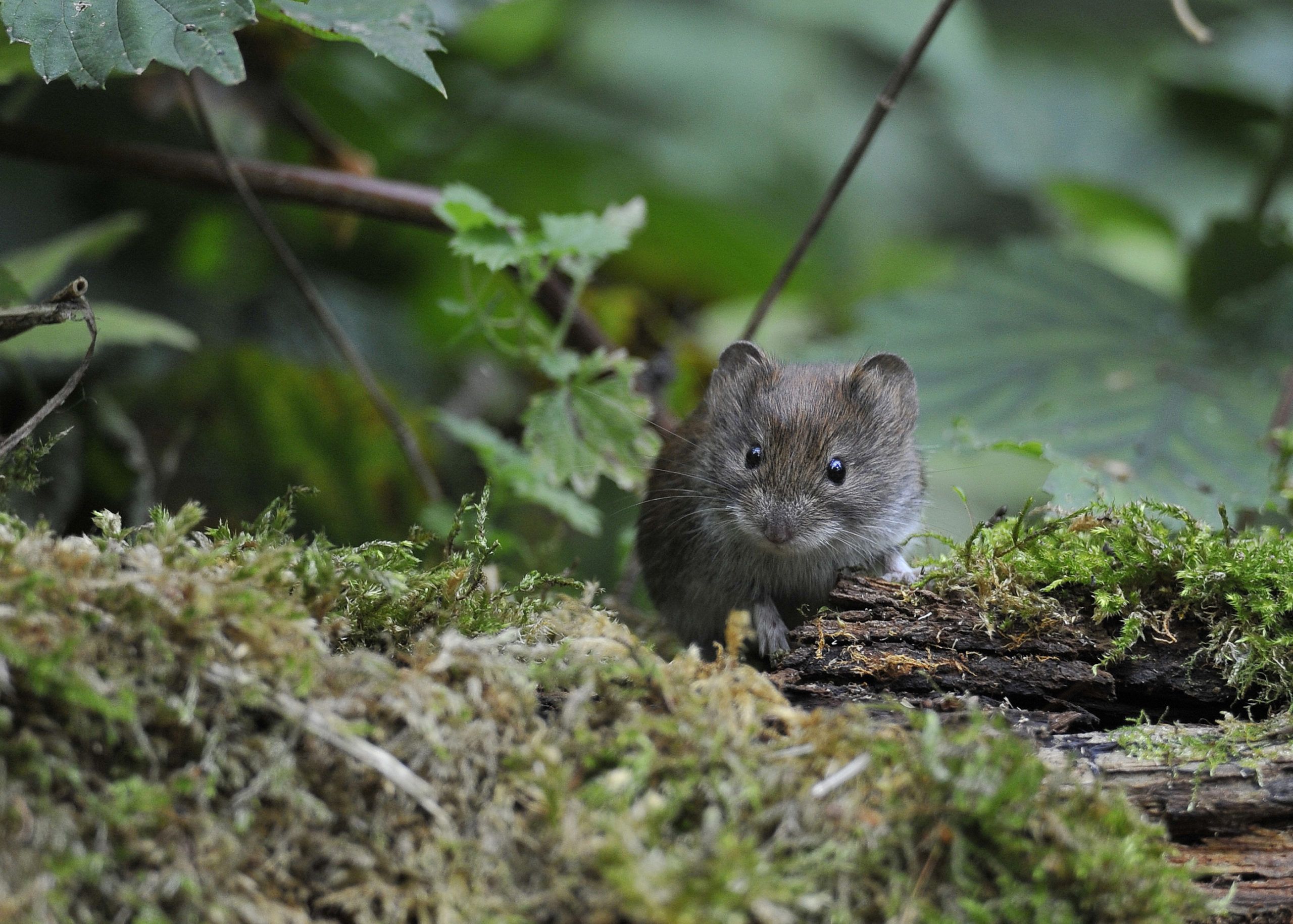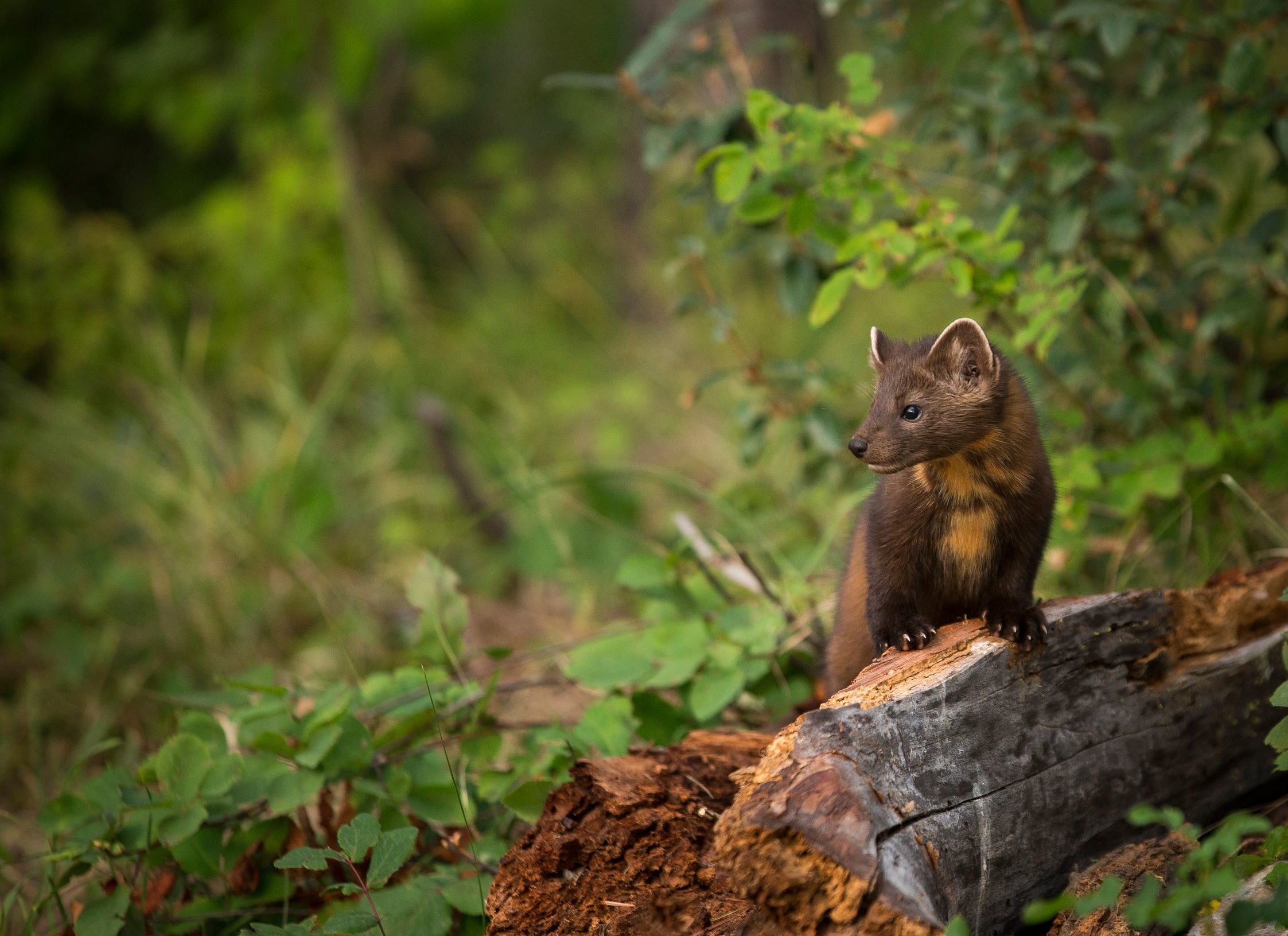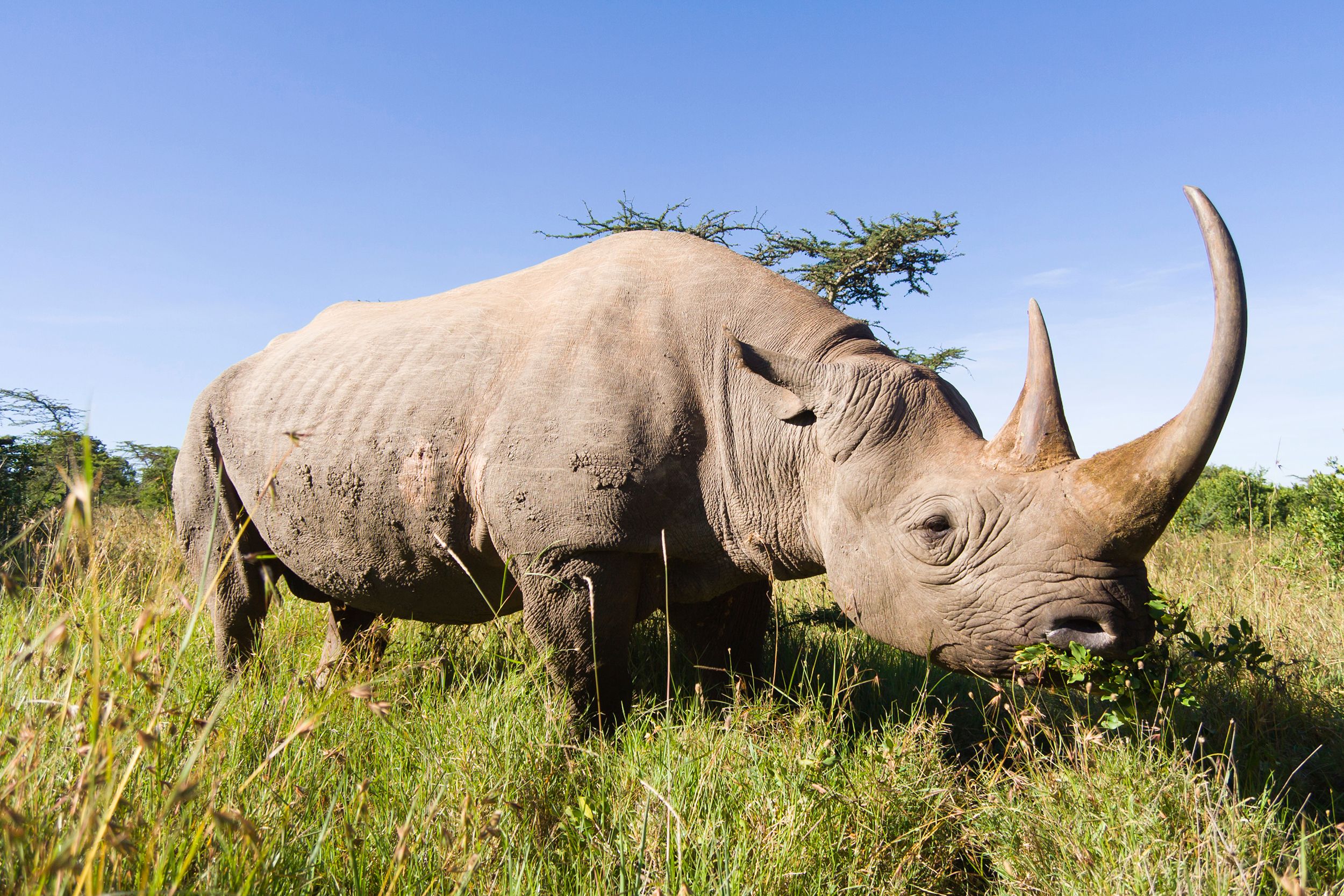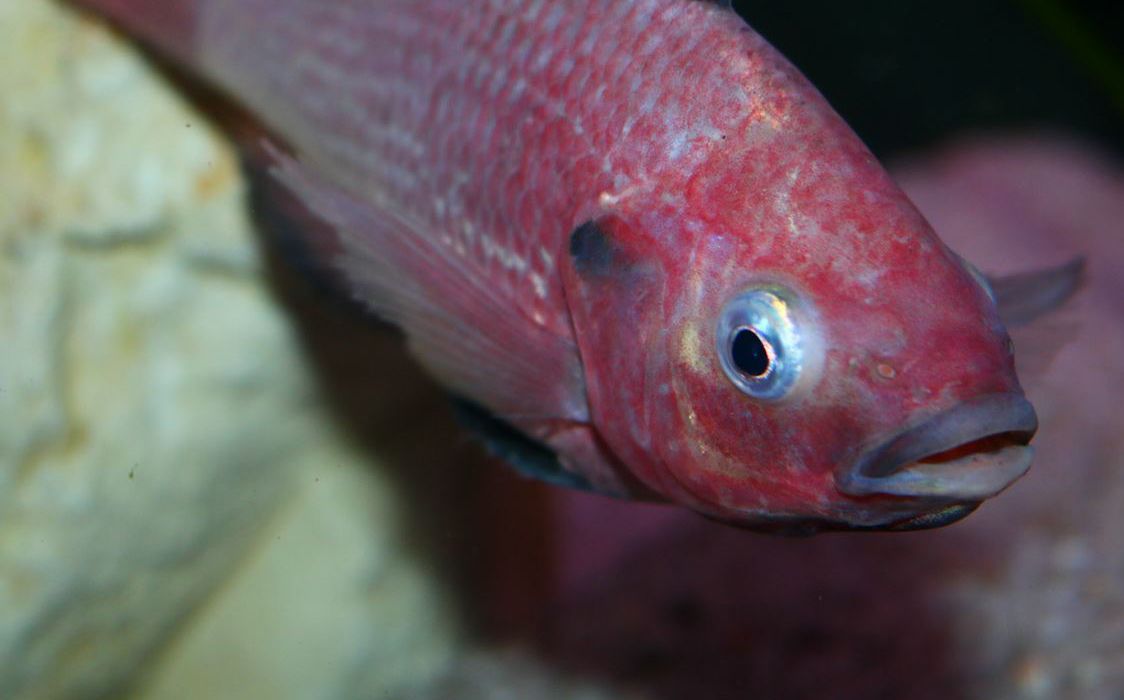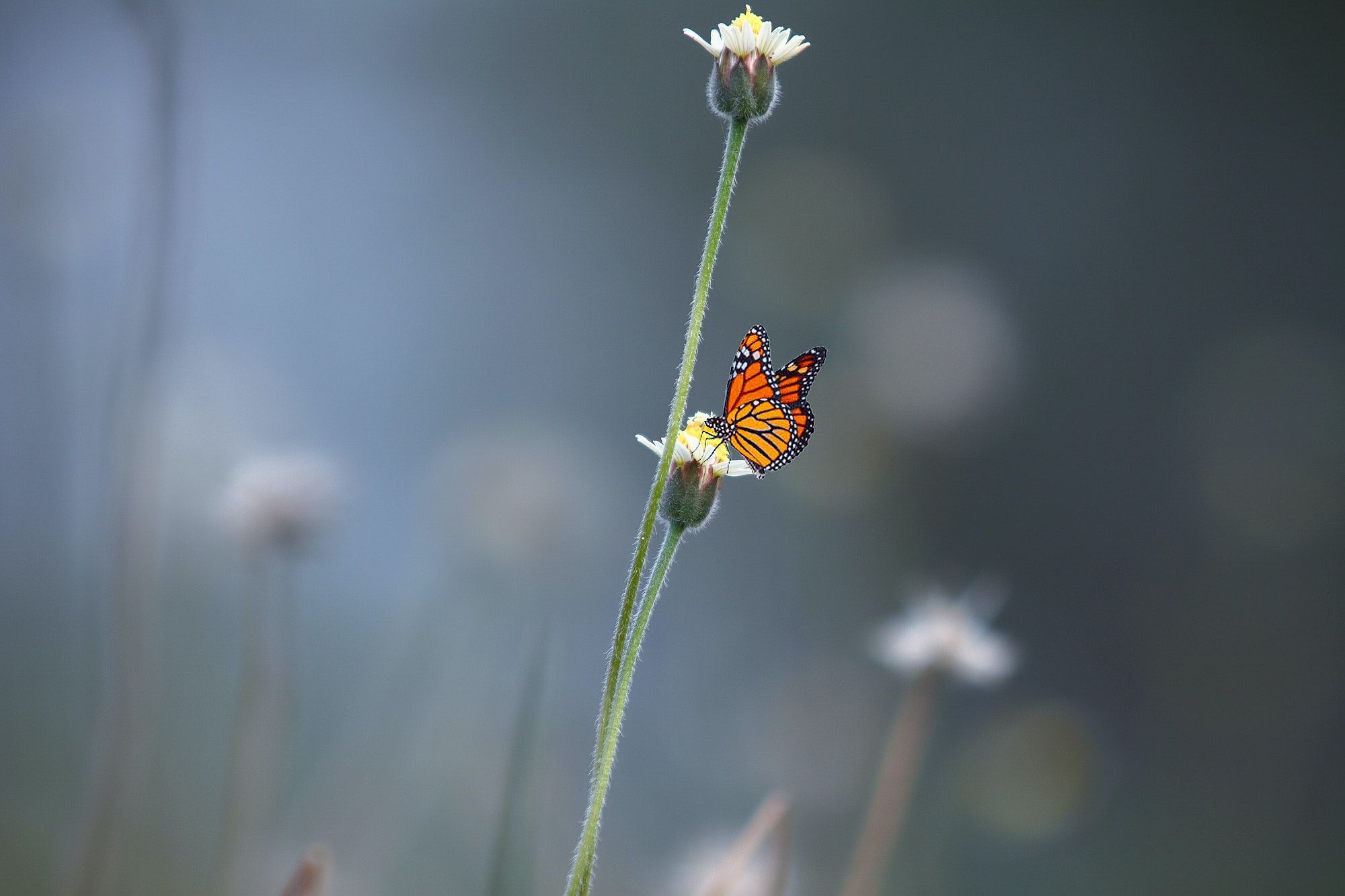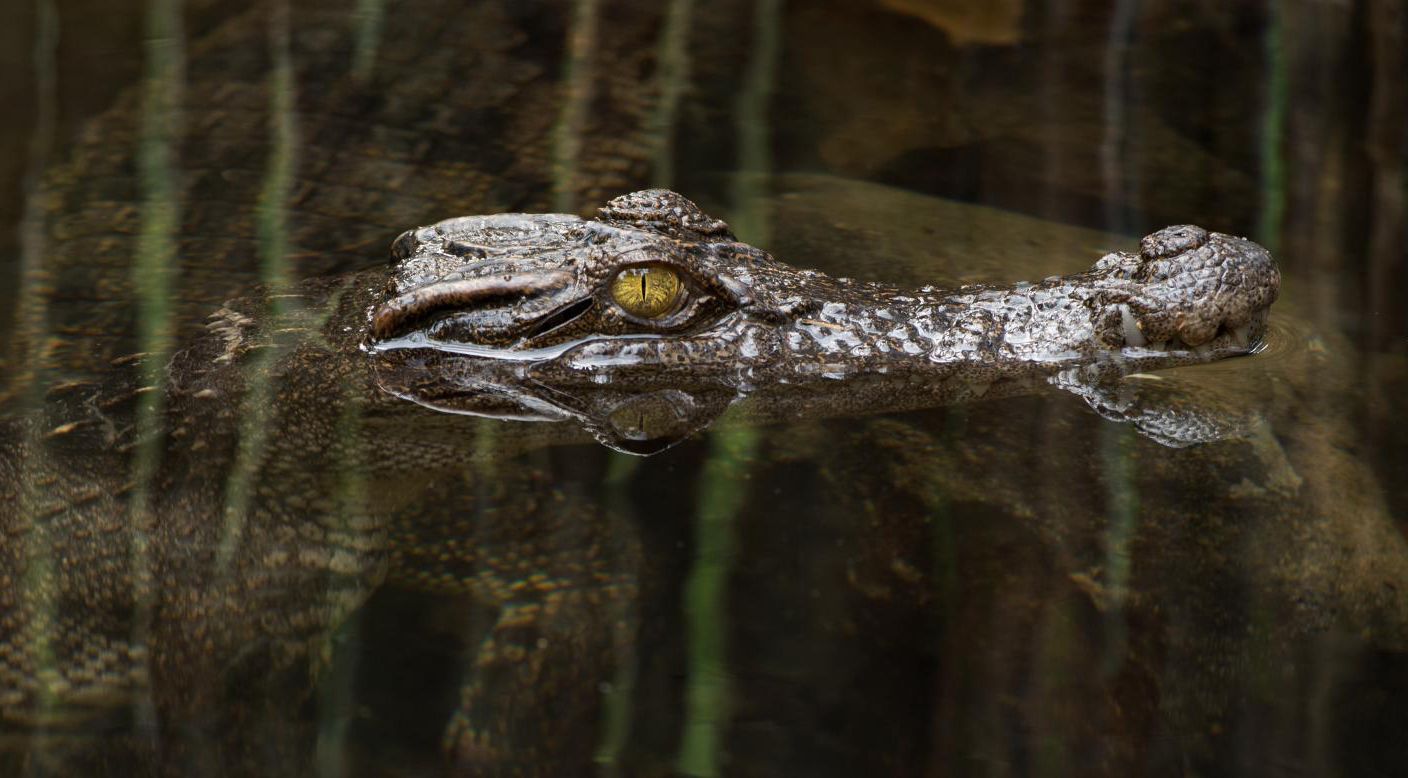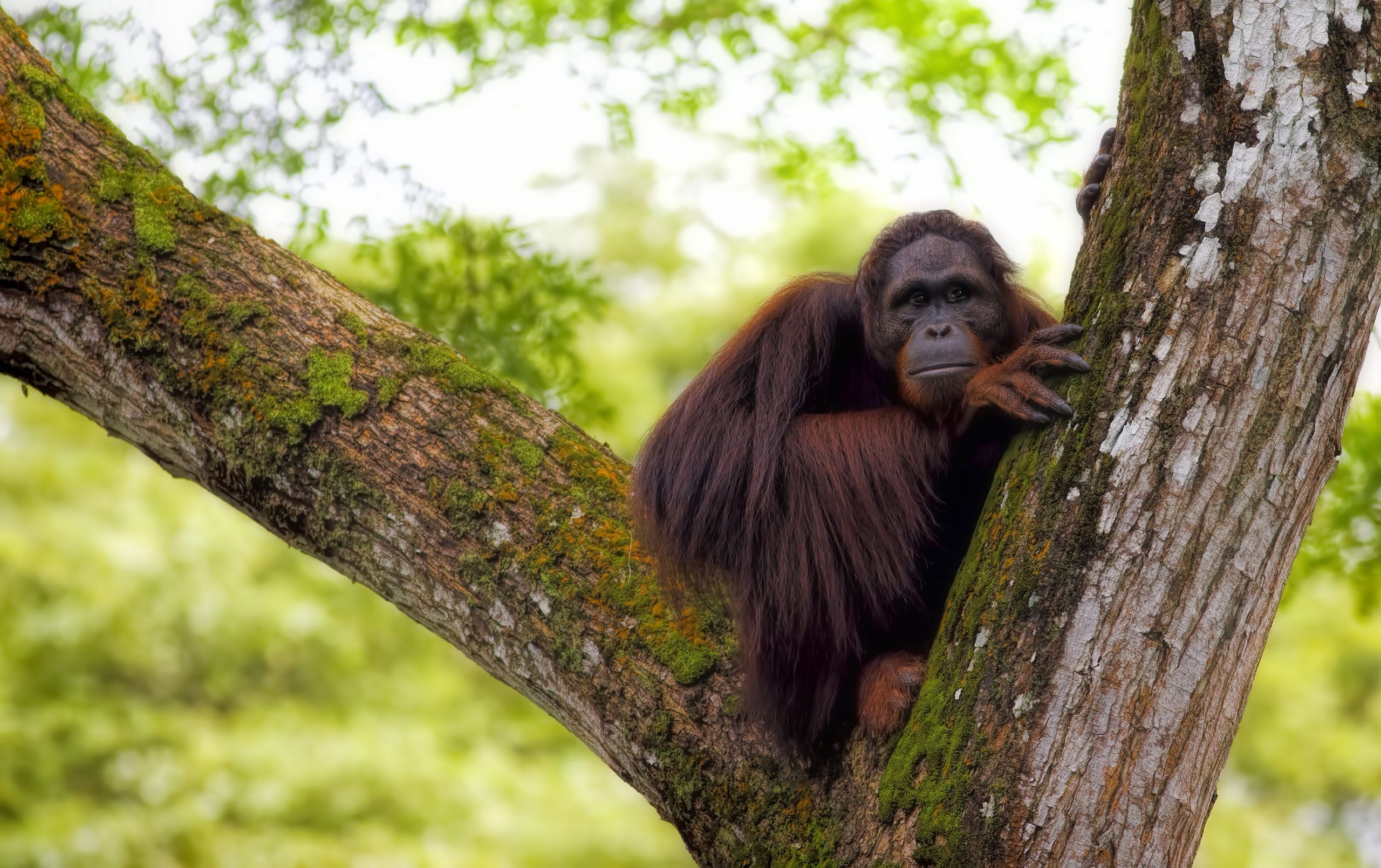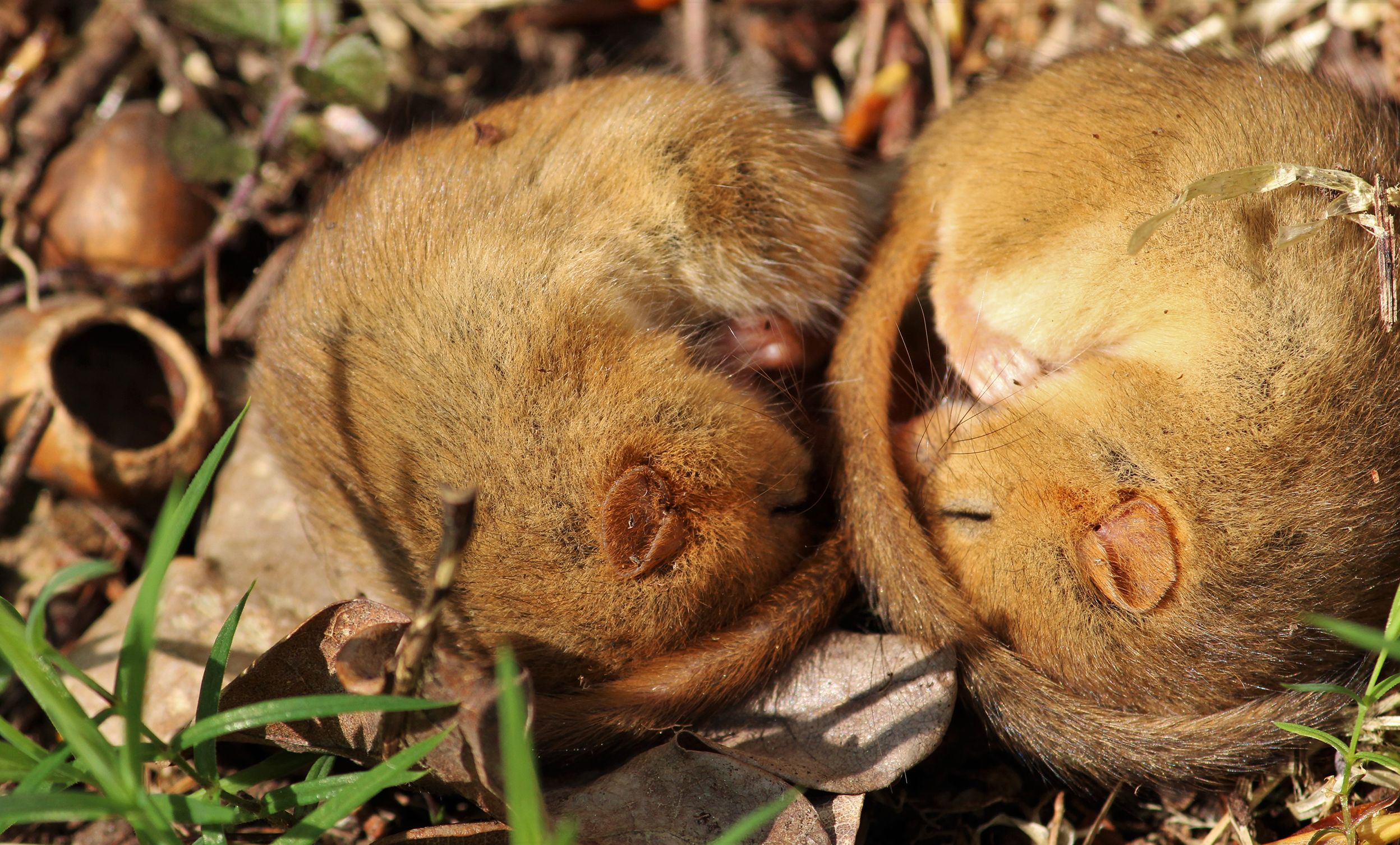Hi, I’m Michael Walker and I’ve been helping to monitor the dormice at the three reintroduction sites in Nottinghamshire since 2015 when I was on the feeding rota for the new release that year. That was also the first time that I came face to face with a dormouse. Reintroductions generate a lot of interest …
Read article...Hazel dormice aren’t picky; they take advantage of whatever food is around Eating is not only essential to life, but what is eaten and when can have a considerable impact on a species: where it’s found, how many offspring a female gives birth to, how much competitive overlap there is with other animals and even …
Read article...2020 marks thirty years of the National Dormouse Monitoring Programme (NDMP) which is an incredible achievement. And it’s thanks mainly to our volunteers. Their dormouse data enables us to produce a robust, current state of hazel dormice in Britain. An achievement, because getting a dormouse licence isn’t easy. Dormouse licences explained People usually want a …
Read article...People’s Trust for Endangered Species (PTES) is, for the first time, running its Living with Mammals survey during autumn, from Monday 31st August until Sunday 29th November • Volunteers are asked to record wild mammals they spot in gardens and green spaces• This is the first time Living with Mammals has taken place during autumn• …
Read article...From the arboreal to the aquatic Fifteen species of rodent make up about a quarter of the wild terrestrial mammal species in Britain. They’ve filled a wide range of niches, from the arboreal (red squirrels and hazel dormice) to the aquatic (water voles and beavers), and many are familiar urban neighbours. Most conspicuous are red …
Read article...Grey squirrels are predated significantly more than red squirrels, with pine martens targeting greys exclusively in spring and summer, during their breeding season New research by Queen’s University Belfast shows that native European pine martens (Martes martes) predate on non-native grey squirrels (Sciurus carolinensis) significantly more than red squirrels (Sciurus vulgaris). The findings, published in …
Read article...Stopping the demand of rhino horn The last decade has witnessed a rhino poaching crisis. On average almost 1,000 rhinos were being killed every year. Why? Most rhino horn is taken to Asia, but the reasons people demand rhino horn are complex. Horn has historically been used in Traditional Chinese Medicine but recent years have …
Read article...Our project leader, William Isebaiddu, sent a message the other day from Uganda. Your donations are helping us to support his Singida tilapia fish breeding programme at Kibanga Village, Koome Island, on Lake Victoria. The Lake hosts hundreds of species of fish, but over fishing, agriculture and the introduced Nile perch have devastated Singida tilapia …
Read article...Between sessions at the UN Climate Change Conference (UNFCCC COP 26), the whistles and chatter of starlings should be played to remind delegates of the Danish dairy farmer, Peder Thellesen. Thellesen, who has no formal scientific training, may or may not be at the climate talks in person, but his work has been described as …
Read article...Hope for the most endangered crocodile in the world Siamese crocodiles are one of the most endangered crocodile species in the world. Every individual matters when the wild population numbers less than 300 adults. Earlier this year we reported that ten baby crocodiles had been spotted: the largest group of wild hatchlings ever found. Now …
Read article...Mammals have long inspired us to observe and care for the world around us, even becoming symbols of conservation such as the WWF Panda. The last few decades have seen range reductions and population declines for many mammal species due to overexploitation, pollution and habitat loss, amongst other reasons. Figures suggest that at least one-fifth …
Read article...There were times this spring when it seemed not much was going on. One day blended into another and lockdown began to feel like a period of torpor or, perhaps even, hibernation. For the greater good, many of us had our movements restricted, and our favourite spots felt quite distant. As one of the fortunate …
Read article...Press and media
For all media enquiries please contact Jane Bevan or Adela Cragg at Firebird Public Relations on 01235 835297 or email ac@firebirdpr.co.uk.

